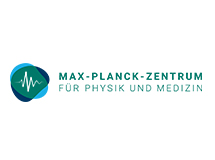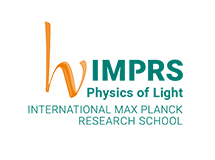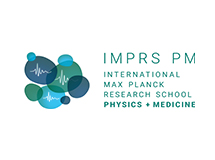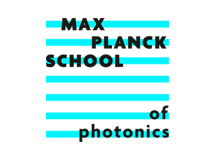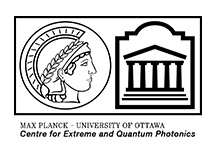With Benoit Ladoux, the Max-Planck-Zentrum für Physik und Medizin wins an additional Humbold-Professor and expands the scope of its research
How cells perceive physical changes in their environment, process this information and react accordingly remains largely unexplored. Since May, physicist Professor Benoit Ladoux and his research group 'Tissue mechanobiology' have been investigating the role of mechanical constraints and force transmission in multicellular systems at the Max-Planck-Zentrum für Physik und Medizin. With Ladoux, the MPZPM not only gains a world-leading researcher in the field of biophysics, but now has a fourth Humboldt Professor on its Scientific Board alongside Prof. Franze, Prof. Guck (spokesperson of the MPZPM) and Prof. Sandoghdar.
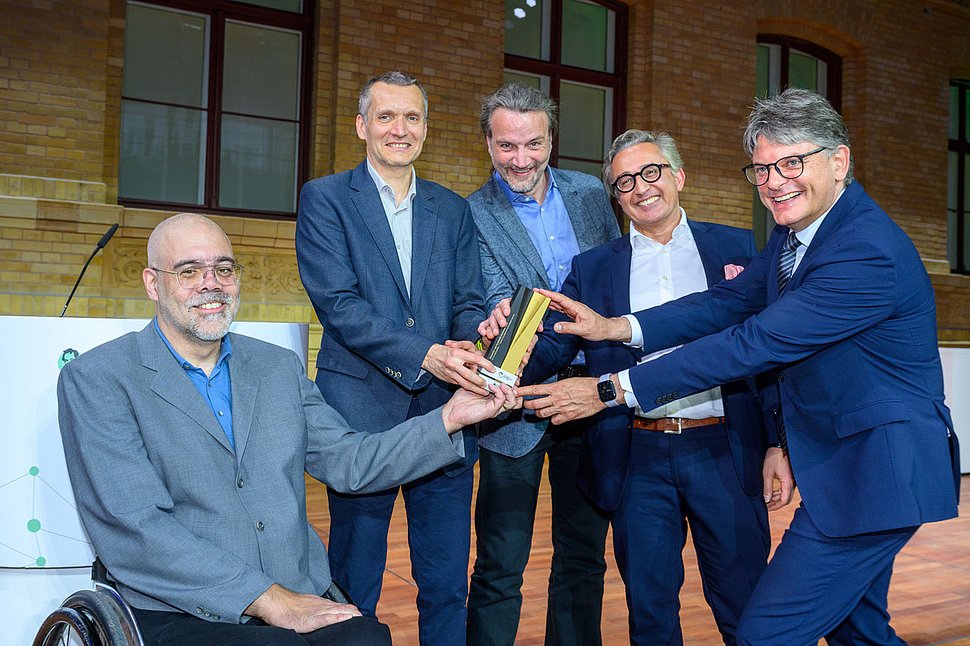
From left to right: Prof. Jochen Guck (Spokesperson MPZPM), Prof. Benoit Ladoux (MPZPM), Prof. Kristian Franze (MPZPM), Prof. Vahid Sandoghdar (MPZPM), Prof. Joachim Hornegger (FAU President) Photo ©: David Ausserhofer
Benoit Ladoux conducts research in the field of mechanobiology. Together with his team, Benoit Ladoux studies the physical principles that govern the self-organisation of cellular and tissue systems and their adaptation to the mechanical constraints of the environment. He is developing new technologies to mimic in vivo mechanisms, mapping and perturbing the physical properties that determine the growth, movement, invasion and remodelling of cells and tissues. By combining this physical information with molecular perturbations and theoretical models, he is exploring the principles that govern the interaction between chemical and physical signals in living tissues. At the MPZPM, the physicist finds ideal conditions for his research, both in terms of the equipment in the state-of-the-art research laboratories and the fruitful interdisciplinary collaboration between the research groups based here. Ladoux's research approaches promise profound insights into the self-organization of cells and are important for developmental biology and cancer research. The goal is to use his basic research in mechanobiology to advance unresolved health issues.

